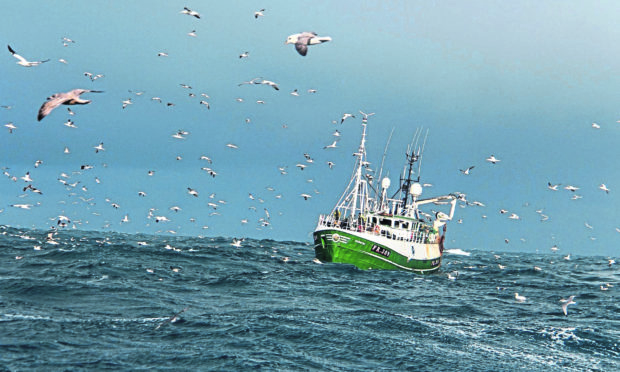For decades, Hebridean seafarers have tuned their radios to the Coastguard’s vital weather and navigational safety bulletin.
But the voice of new three-hourly maritime broadcasts is causing a storm after Stornoway Coastguard staff were replaced by the robotic female tones of an automated text service.
The plan had been to roll out the new VHF and medium frequency service across the UK, but the reaction of yachtsmen and fishermen to the trial has led to calls for it to be axed immediately.
The controversial new weather service involves an automated voice generated from text.
One sailor posted on social media: ‘We are HATING the robot that has replaced the Coastguards doing the weather forecasts on VHF.
“This incomprehensible zombie voice must be a hazard. Please bring back those friendly Stornoway voices!”
Another said: “The routine provides familiarity, which is worth everything when it comes to radio broadcasts in an emergency.”
A local fisherman also criticised the new voice, posting: “Not only is it difficult to understand, but I find myself zoning out of it, which would not be ideal if I really needed the forecast.
“Bring back the human forecast. The human voice was much clearer and less annoying.”
BLACK FRIDAY OFFER: Two years of unlimited access to The P&J Digital — at better than half price!
Western Isles MP Angus MacNeil said: “At the very least it should be suspended immediately.
“People have told me she sounds moronic. Some things are better not automated in such a way and this is one of them. You can’t replace a human voice where local intonation and pronunciation is so important.”
Stornoway’s maritime operations controller Angus Maciver admitted: “The quality of the automated voice doesn’t reflect the warmth of a human voice, which has great value for a lonely mariner.
“But the benefits include improving quality through a consistent voice and presentation, without the background noise issues which could affect the recording, such as phones ringing and other operations room activity. The system needs time to bed in.”
Richard Parkes, director of maritime operations and HM Coastguard, said: “As with all trials, the Coastguard will review the effectiveness of the automated system to ensure the delivery of a system that supports maritime safety.”
The new system is just a month into the three-month trial.
Stornoway Coastguard broadcasts maritime weather and navigational safety Information on VHF and MF (medium frequency) radio as part of the Global Maritime Distress and Safety Systems (GMDSS).
A system tested last year was also found to be unsuitable.
The previous service involved a coastguard recording the weather information that was then broadcast every three hours.
